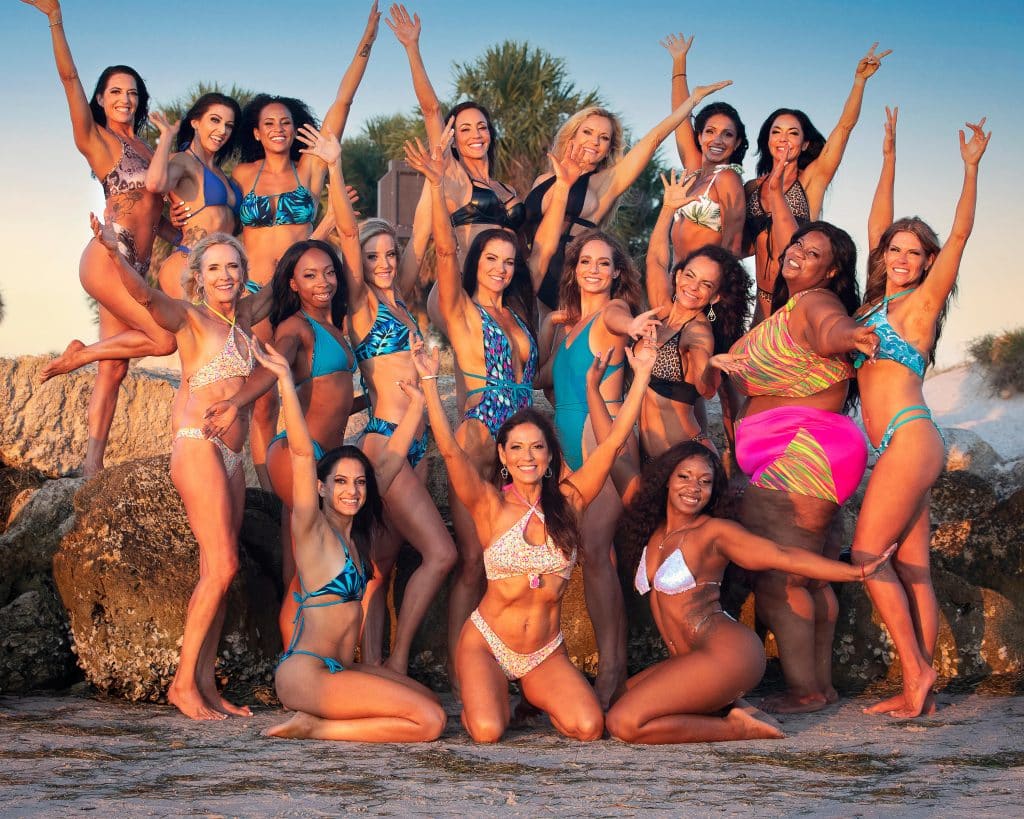This graph displays the correlation between the birth of Justin Bieber, the lowering of cholesterol levels and the subsequent rise in cholesterol levels with the birth of Facebook, so we can assume that our populations’ cholesterol levels are DEFINITELY affected by celebrities and social media, right?
Before you answer, let’s visit a few other correlations that have been found:
- The more mozzarella consumed in the US, the more civil engineering degrees are awarded.
- The age of Miss America strongly correlates with the number of murders by steam, hot objects, or hot vapors.
- In Kentucky, the marriage rate is closely tied to the frequency of death by falling out of a fishing boat.
Get the point? Correlation does NOT automatically signal CAUSE. Simply because A is occurring when B happens does NOT mean that B causes A. Many things with no actual connection can seem to be related on a graph.
Correlation DOES NOT equal Causation
It is easy to see the silly extreme of the above examples. However, when it comes to health and fitness, the Internet LOVES to make correlations that imply a black and white relationship between what is healthy and what is not.
“This particular food lowers blood pressure”
“This particular exercise is bad for your knees”
“This food is a miracle cure”
“This supplement prevents disease”
And so on…
When you see extreme claims it is important to ask yourself a few questions before believing them to be true.
- Is the claim Observational or Experimental?
The headline for this article is an “observational correlation”. An EXPERIMENT uses variables to determine if one ACTUALLY causes another. - Science is experimental.
Observations, on the other hand, have way too many variables that are not being considered, making it difficult to accurately conclude that X causes Y. - Compared to what?
If we compare apples to brownies, of course, we can agree that the apple is a better nutritional choice. However, many nutritional claims are not so evidently clear. For instance, a Company may state X cereal is “lower in cholesterol” but not offer what it is lower in comparison to. Since the cereal in question contains fiber it may aid in lowering cholesterol, but compared to what other source? In order to know if some food, product, or exercise is superior we need to compare it to something within the same ballpark. - Are there conflicts of interest?
If you are reading the “Keto Mom” or “Healthy Vegan” blog it is very unlikely they will talk about information that does not support what they stand for. It does not necessarily mean that the information they provide is false, however looking at both sides of the coin allows for a more informed conclusion on the claims in question.
In the internet age, many treat health and fitness as a religion rather than a science. We often hear, “I don’t believe in this” or “I believe in that.”
However, when making informed decisions we must remember that science is not a belief and Science is not observational.
Science teaches us to be curious. Science accepts that we do not know everything. Science thrives on the potential that what is thought to be impossible today may be possible in the future. Science proves and disproves.
Challenge yourself to ask these three questions next time a new Fad Diet is born, or a new “superfood” is uncovered. Your health and fitness deserve that you make informed decisions before deciding to binge listen to Justin Bieber and banning Facebook from your home in an attempt to lower your cholesterol!
Interested in becoming a BOMBSHELL V.I.P MEMBER?
[custom_button style=”btn_small btn_type14″ target=”_self” href=”https://bombshellfitness.com/joinfree/”]SPECIAL OFFER – CLICK HERE[/custom_button]


